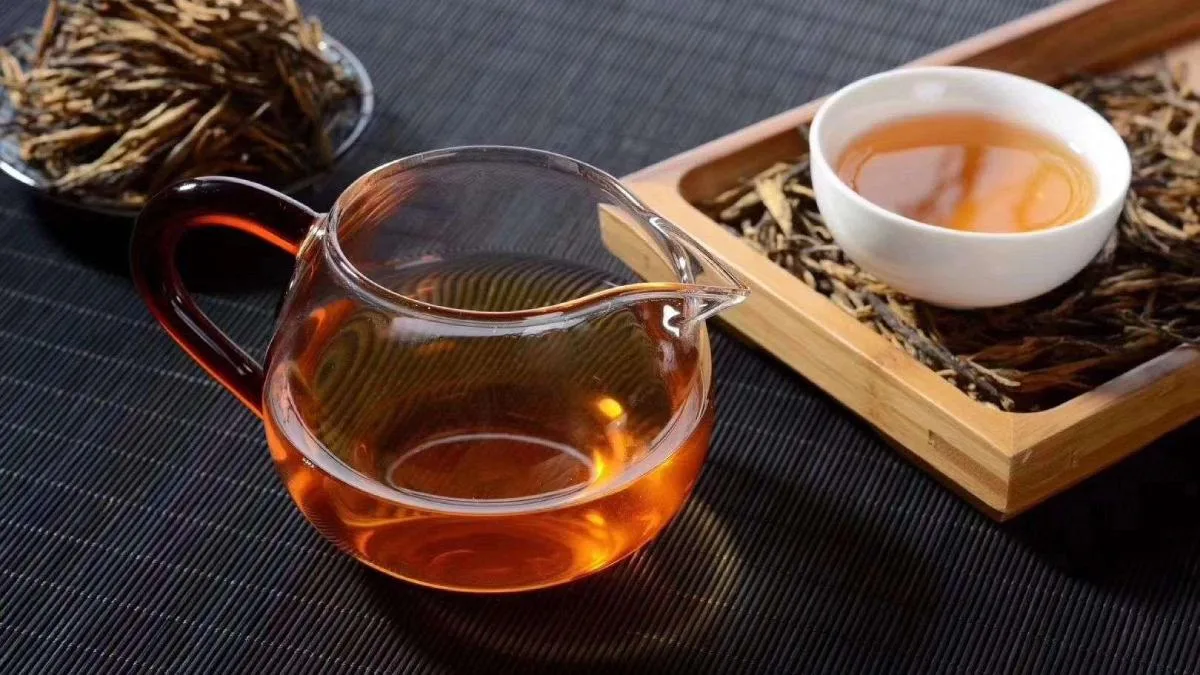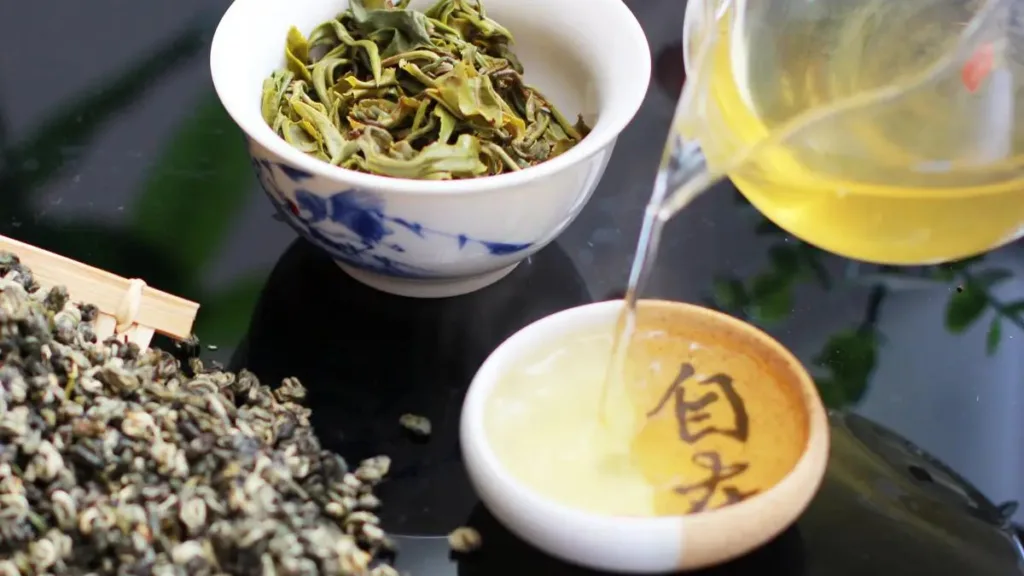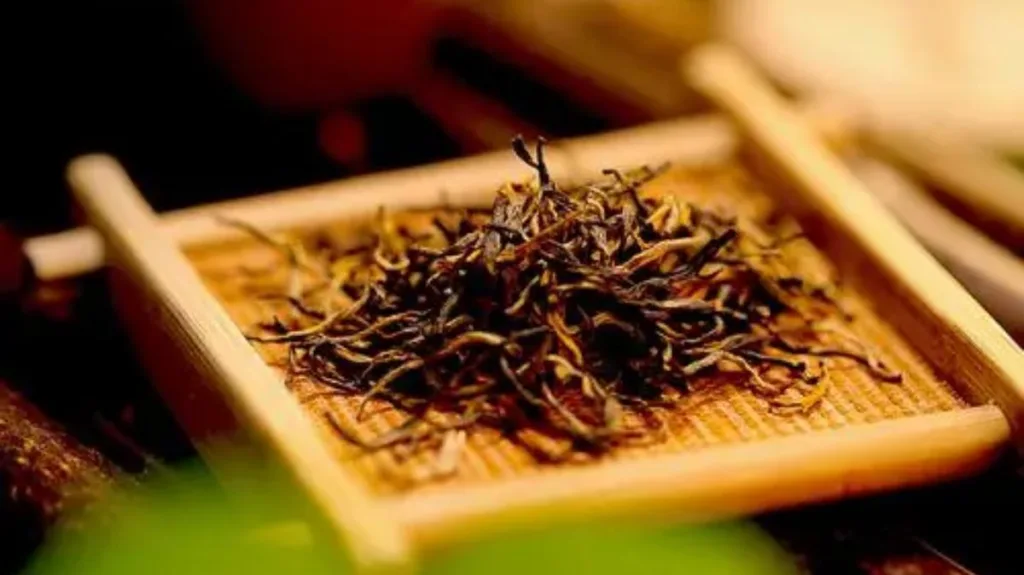Some tea enthusiasts have experienced tooth sensitivity or pain after consuming black tea, leaving them wondering about the reasons behind this discomfort. Today, we’ll analyze this issue to shed light on potential causes and offer insights that may assist individuals facing similar concerns.
Tooth Pain and Underlying Dental Conditions: Tooth pain resulting from drinking black tea is often attributed to pre-existing dental issues rather than the tea itself. In such cases, it is advisable for individuals experiencing tooth sensitivity to promptly seek consultation with a local dental specialist, particularly in the field of dental pulp and periapical diseases. Common dental conditions associated with tooth pain include pulpitis and periapical abscesses, both stemming from bacterial infections affecting dental pulp. Thorough root canal treatment is typically recommended to address these issues effectively and alleviate tooth pain at its source.
Possible Causes of Tooth Pain After Drinking Black Tea:
- Tooth Decay (Cavities): Tooth decay, caused by factors such as dental caries, wedge-shaped defects, or traumatic injuries, can lead to tooth sensitivity. The loss of hard tooth tissue exposes nerves, making them sensitive to external stimuli like temperature changes. Restorative procedures, such as dental fillings or crowns, can help alleviate the pain associated with tooth decay.
- Gum Recession: Gum diseases like gingivitis, plaque, or calculus can cause gum recession, exposing tooth roots and increasing sensitivity to hot and cold stimuli. Proper periodontal treatment is essential to eliminate irritants like plaque and calculus, allowing gums to return to a healthy state and preventing associated symptoms.
Black Tea and Its Impact on Dental Health: Contrary to the notion that black tea directly causes tooth pain, it generally does not stimulate tooth sensitivity. Tooth pain is more likely attributed to common oral issues such as cavities, pulpitis, periapical abscesses, or gingivitis. Moreover, black tea, being rich in fluoride, may contribute to preventing tooth decay by interacting with proteins within bacteria, thus offering a protective effect. However, excessive consumption of black tea could potentially exacerbate existing dental conditions.
Considerations for Dental Health:
- Cavities (Dental Caries): Common in daily life, cavities result from bacterial infection and the consumption of sugary foods. Black tea, containing fluoride, may play a preventive role, but excessive consumption could potentially worsen existing cavities.
- Pulpitis: Inflammation of dental pulp can result from chemical or physical irritation, leading to sensitivity. While black tea does not directly stimulate pulpitis, its mild anti-inflammatory properties may offer some assistance, though professional dental treatment is essential.
- Periapical Abscess: Typically caused by bacterial infections or conditions like tooth decay, excessive black tea consumption may increase sensitivity but does not directly cause periapical abscesses.
- Gingivitis: Inflammation of the gums due to factors like plaque, hormonal imbalances, or nutritional deficiencies can be alleviated with proper dental care. Black tea’s mild anti-inflammatory and diuretic properties may aid in reducing symptoms associated with gingivitis.
Conclusion: If individuals experience tooth sensitivity after drinking black tea, seeking timely dental consultation is recommended. Professional diagnosis and targeted treatments can address the underlying causes of tooth pain. It’s important to maintain a balanced and mild diet, avoiding spicy or irritating foods. While black tea, when consumed moderately, may offer benefits for dental health, excessive intake should be avoided to prevent potential irritation to the gastrointestinal tract.



